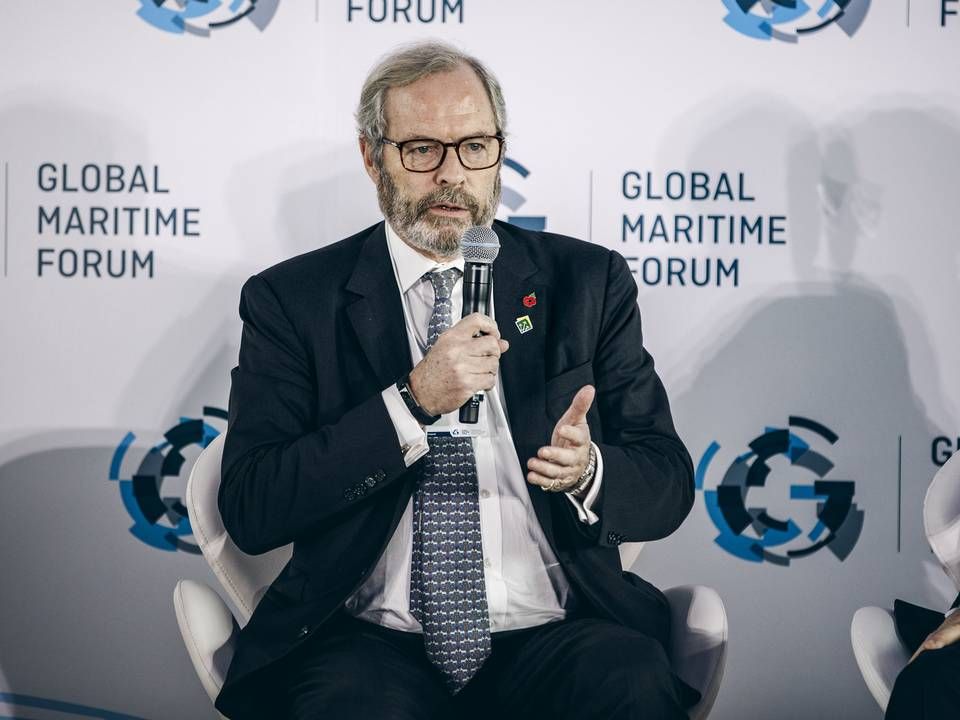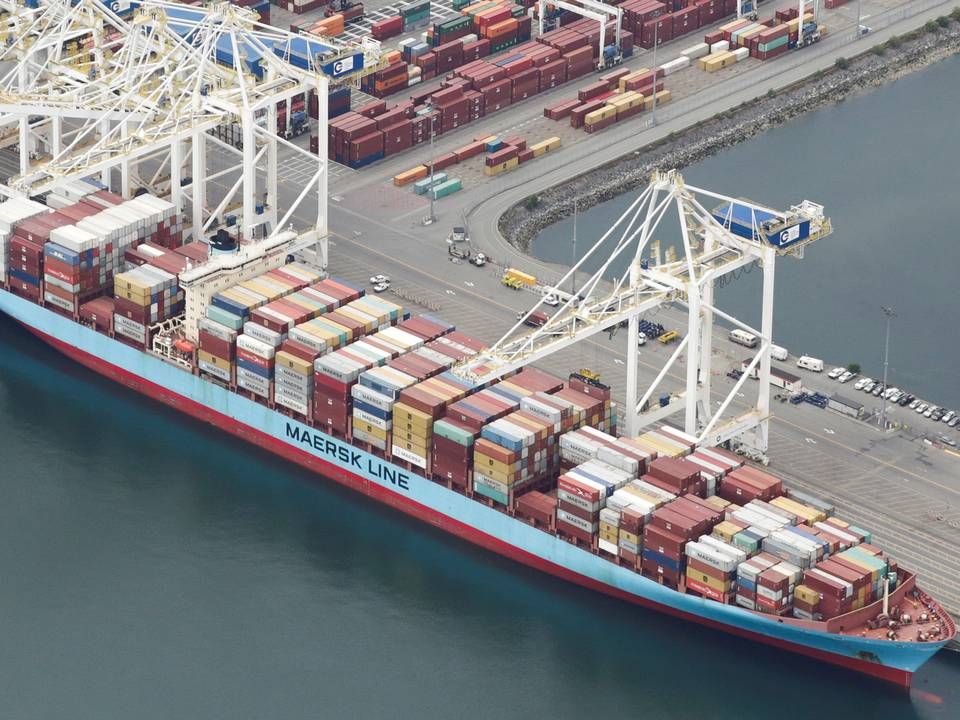Shipping bank sees problems with Poseidon Principles

HAMBURG
German shipping bank Hamburg Commercial Bank (HCOB) is skeptical toward the Poseidon Principles, which aim to make the shipping industry more green.
The guidelines were presented last summer and created by major lenders like Citi, Société Générale and DNB.
The idea is to measure the sustainability of ships financed by the banks. The banks then receive a score that shows the environmental impact of their combined lending to the shipping industry.
So far, only one German bank has joined the initiative, although the country is home to several major loan portfolios.
When one of Germany's big lenders to the sector, HCOB, has yet to join, it is because the bank sees problems with the rules.
"I think Poseidon Principles are a good idea. But we do not like that it currently looks like you can improve your score if you finance newbuilds," says Head of Shipping Jan-Philipp Rohr, referring to new ships often being more eco-friendly.
He emphasizes that he supports the basic premise of the Poseidon Principles, but thinks the rules currently put too much weight on the sustainability of the individual ship rather than the entire value chain.
"It also creates a lot of emissions when you build a ship, so we do not necessarily think it is the right way to do it," Rohr tells ShippingWatch.
Instead, HCOB thinks that banks should focus on making existing ships more eco-friendly.
"It makes sense to renew and improve the fleet, but it makes no sense to scrap 12- or 15-year-old vessels. It is a better idea to improve their efficiency," Rohr says.
Lends to older vessels
HCOB's skepticism toward the Poseidon Principles is in part explained by the bank's business model.
The bank, which went by the name HSH Nordbank until an ownership change in 2018, has a goal to keep its exposure to shipping at around EUR 5.4 billion, which requires new loans worth nearly EUR 1 billion per year.
Currently, only a few owners are ordering news ships. So in order to keep up its exposure, HCOB finances a lot of second hand ships with ages of up to 15 years.
And this type of vessels do not necessarily match the requirements of the Poseidon Principles.
HCOB is currently working on establishing green guidelines for shipowners but poses no requirements as yet.
"We look carefully at the vessels and their consumption. If the client comes to us with a vessel with very high consumption, we would decline it," Rohr says.
"But if the vessel is within the benchmark for its peer group, then we are willing to consider it, and we are even more willing if they want to retrofit a new propeller or to use other paints to have more efficiency," he says, pointing out that CO2 reductions can be facilitated through better route planning and lower speeds.
Major pressure on banks
According to HCOB, another disadvantage of the Poseidon Principles is that they could lead to more new ships at a time when the order book is otherwise low.
"If everybody went for newbuilds, we could end up destroying our own market. None of us can say to a client, you have to scrap an old vessel before you order a new one. So the old vessels might still be there," Rohr says.
Despite his skepticism toward the Poseidon Principles, he agrees that banks must to its part to help decarbonize shipping, which has a target to, as a minimum, halve its emissions by 2050.
"There is high pressure on us and our colleagues in other industries to do something and we also want to be part of that. We will also try to include that into our documentation. If there will be a hard condition, we do not know yet," Rohr says, adding:
"But we still think you have to extend your view beyond the pure asset."
English Edit: Jonas Sahl Jørgensen
Shipping companies seek clarity on ESG: "How much is enough?"
Chinese banks expected to sign up for Poseidon Principles
Maersk's new credit facility is linked to CO2 targets
Gunvor meets climate targets and gets lower interest on loans
Related articles
Chinese banks expected to sign up for Poseidon Principles
For subscribers
Maersk's new credit facility is linked to CO2 targets
For subscribers




















